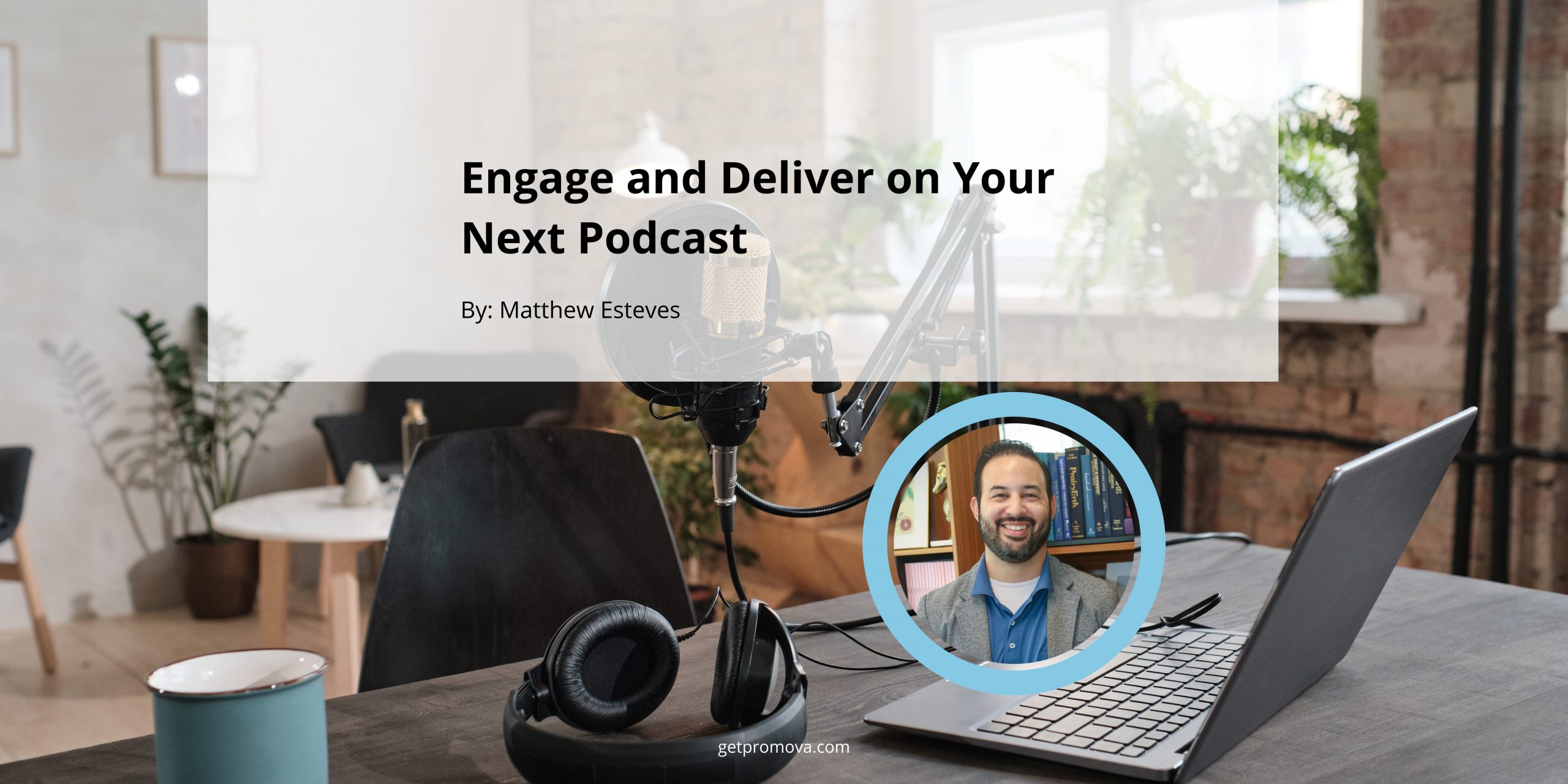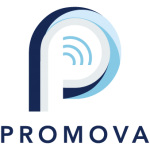
By Matthew Esteves
Podcasts are an engaging form of media consumption that has grown in popularity over the years. Being a guest on a podcast is a fantastic opportunity to spread awareness about your brand, services and define yourself as a thought leader. Like any media opportunity, preparation is crucial in recording a successful podcast. While the host structures the conversation through interview questions, the guest must provide good soundbites and captivate the audience. Here are some tips on how to successfully navigate your next podcast interview.
Be Yourself
Given our society’s oversaturated media market, it’s reasonable to want to make yourself stand out amidst the noise of the industry. Try to avoid this mentality when guesting on a podcast. While being a notable and dynamic speaker is important, a podcast is a conversation with the host. You shouldn’t steal the spotlight; you should share it. Focus on being true to yourself and incorporating your expertise and knowledge with the host’s show. This will help lead to the best content possible for listeners so that the audience will respond accordingly. Exaggerating who you are for an audience can come off as inauthentic and make for an uncomfortable experience with the podcast’s host -possibly leading to an episode not even airing if things go off the rails.
Prepare Audio & Video Equipment
Good quality audio and video equipment are crucial. Podcasts are a visual and auditory medium; it is important to consider these aspects when preparing for the podcast. Make sure your background is aesthetically pleasing and not distracting. Tip: Blurring your video background is an easy fix to making any space look professional. When recording the podcast, ensure you are in a quiet room with no auditory distractions. Sound bites are crucial; the last thing you want is your message lost due to a noisy background. Using headphones with a microphone is helpful to ensure your words are being captured clearly. Investing in professional equipment is not mandatory, but thorough testing of what the video looks like and what the audio sounds like before the recording begins is crucial!
Research
Before being a guest, take the time to research the podcast. Listen to a few episodes to get a sense of the host’s demeanor and interview approach. Review the podcast’s previous stories and sources to better understand the audience. This is the quickest way to know if the podcast is the right fit for you. Don’t be afraid to ask questions. Peace of mind is vital to establish a base level of trust between you and the podcast host. When providing gratitude at the end of the podcast, you can let the host know you are a listener and mention one of the previous podcast recordings. This helps build a relationship with the host and opens the door to future media opportunities.
Media Training
Work with your PR team to help train for your podcast interview. Your PR team will provide you with all the details of the interview and go over the questions that will be asked. Media training helps you refine your message and stay on track. Your company’s standard media practice guidelines should be included in your media training. Following those will ensure you don’t misspeak or divulge something you weren’t meant to discuss.
Dress the Part
In a post-pandemic world, many of us are working remotely. Often, we’ve reverted from wearing formal or casual business clothes to wearing whatever is comfortable to get us through the day. However, a podcast should be viewed as a professional media opportunity. Wearing a jacket or a business casual outfit helps communicate that you care about the interview and are an expert. Presenting a clean, professional look goes a long way in creating positive first impressions and will get your guest spot started on the right foot.
Relax and Enjoy Yourself
It is natural to feel nervous when going onto podcasts, but it is important to understand that podcasts are more informal than traditional media interviews. The biggest difference you’ll encounter is that podcasts are conversational. Don’t be afraid to lean into that. Some of the best conversations we have in life come from casual conversations that develop into deep, thoughtful, and meaningful discussions. Using humor is a great tool to break down nerves and connect with the host; it’s also a great tool to capture the audience’s attention! Humor helps create a more engaging and enjoyable episode for audiences to enjoy.
Podcasts provide an opportunity to connect with an audience in a long-form way to demonstrate your expertise, personality, and experience to an audience. Preparation is critical to success, but if you take the simple steps I’ve outlined, you will help drive success, be invited to speak again and gain exposure to clients and prospects.
